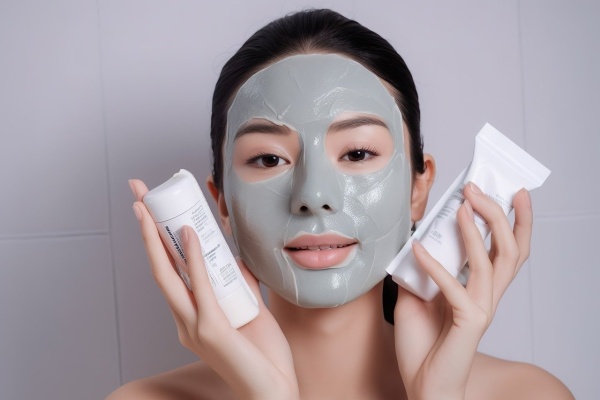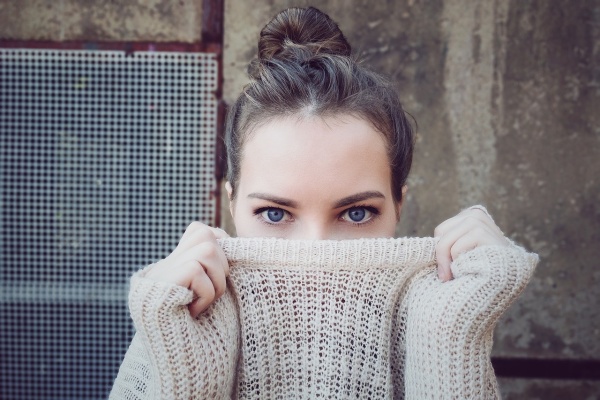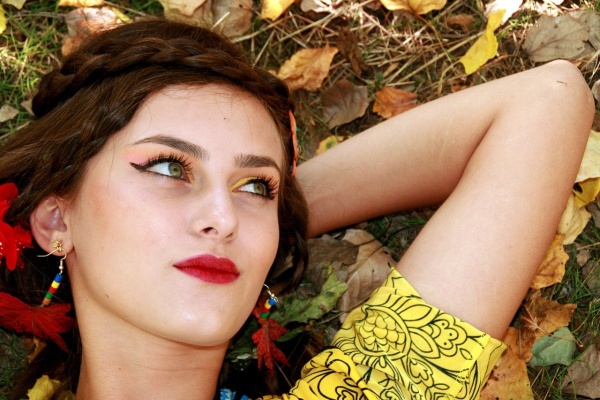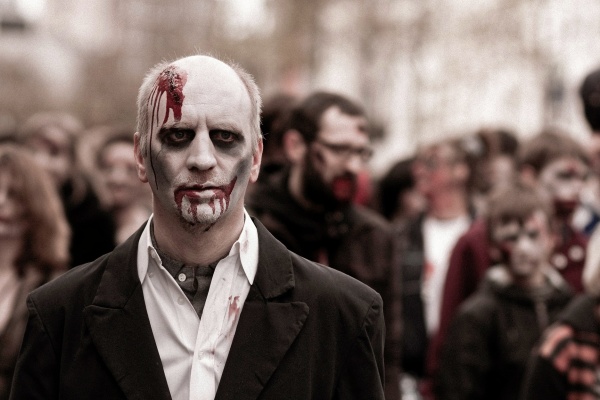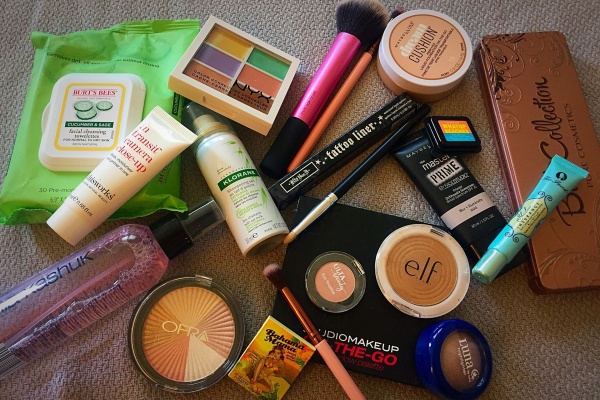How to Apply Makeup For Beginners
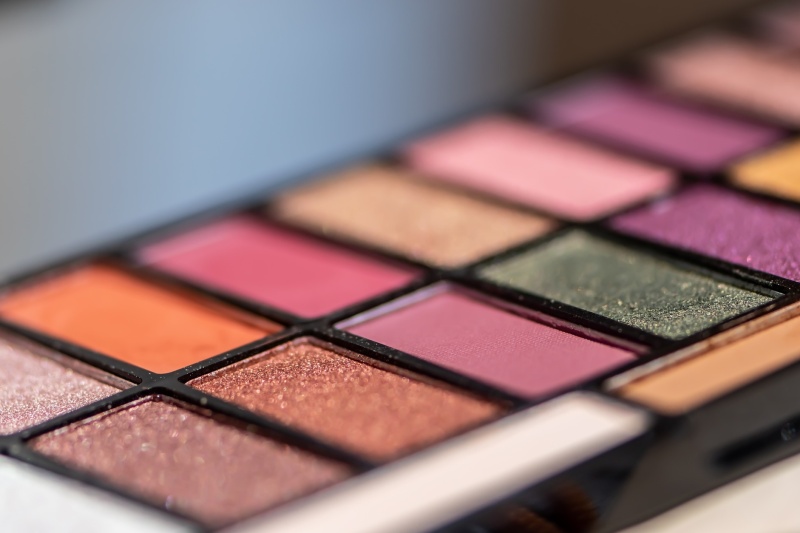
Not sure how to apply makeup? Don't worry - you're not alone. Many girls (and guys!) feel the same way when they start to explore the world of makeup. But with a little practice, you'll be a pro in no time. Here are some tips on how to apply makeup for beginners. Follow these steps and you'll be looking fabulous in no time!
1. Foundation - how to find the right colour and apply it evenly
Applying foundation evenly is one of the most important steps in achieving a flawless makeup look. But with so many different shades and formulas on the market, it can be tricky to find the right match for your skin tone. Here are a few tips to help you find the perfect foundation shade and apply it evenly.
Test the foundation in the shop
When shopping for foundation, always test the product on your jawline rather than your wrist or hand. This will give you a better idea of how the shade will look on your face.
Consider the undertone of your skin
It's also important to consider the undertone of your skin when choosing a foundation. If you're not sure what undertone you have, hold up a white piece of paper to your face. If your skin looks more yellow or gold, you have a warm undertone. If it looks pink or red, you have a cool undertone. And if it's somewhere in between, you have a neutral undertone.
Apply with makeup sponge or brush
Once you've found the perfect shade of foundation, it's time to apply it evenly. The easiest way to do this is with a makeup sponge or brush. Start in the centre of your face and work your way outwards, making sure to blend well into the edges. A little foundation goes a long way, so don't be tempted to slather it on thick. A light, even layer is all you need for a natural makeup look.
2. Concealer - how to hide dark circles, blemishes, and other imperfections
If you're just starting out with makeup, concealer can seem like a bit of a mystery product. What is it supposed to do? How do you use it? And what on earth is colour-correcting concealer? Don't worry, we're here to help. Here's everything you need to know about using concealer to hide dark circles, blemishes, and other imperfections.
Concealer is a thicker, more pigmented version of foundation. It's used to cover up specific areas that you want to hide, like dark circles under your eyes or blemishes on your face. Concealer can also be used to brighten up areas of your face, like the inner corners of your eyes or the centre of your forehead.
Choose a concealer to match your skin tone
When choosing a concealer, it's important to find one that matches your skin tone. If you can't find an exact match, go for a shade that's slightly lighter than your skin tone. This will help to brighten up the area you're trying to cover. If you're covering up a blemish, make sure to choose a concealer that's opaque enough to completely cover the blemish.
Dotting it on the area you want to cover
To apply concealer, start by dotting it on the area you want to cover. Then, use a makeup brush or your fingers to blend it out. When blending, make sure to go beyond the edges of the area you're trying to cover. This will help create a seamless blend and prevent the concealer from creasing or caking throughout the day.
Use colour-correcting concealer
If you have dark under-eye circles, you may want to try using colour-correcting concealer before applying your regular concealer. Colour-correcting concealer comes in green, yellow, peach, and pink shades. The different colours cancel out specific tones in the skin, like blue for under-eye circles or red for acne scars. To use colour-correcting concealer, apply it before your regular concealer and makeup foundation.
Create contours and highlights on your face
Covering up blemishes and dark circles isn't the only way to use concealer - you can also use it to create contours and highlights on your face. To contour with concealer, choose a shade that's two or three shades darker than your skin tone and apply it along your hairline, under your cheekbones, and down either side of your nose.
Blend out the harsh lines
Then, use a makeup brush or sponge to blend out the harsh lines. For highlighting, choose a shade that's two or three shades lighter than your skin tone and apply it on the bridge of your nose, above your cheekbones, and in the inner corners of your eyes. Again, use a makeup brush or sponge to blend out any harsh lines.
With these tips in mind, you'll be able to confidently choose and apply makeup concealer to hide dark circles in no time at all!
3. Eye makeup - how to create a natural or dramatic look, depending on your preferences
When it comes to makeup, there are endless possibilities. You can go for a natural look, with just a hint of colour, or you can go all out with a bold and dramatic style. It all depends on your preference. If you're new to makeup, or if you're looking for a way to change up your look, here are some tips to help you get started.
Focus on enhancing your natural features
For a natural look, focus on enhancing your natural features. Choose a foundation that matches your skin tone, and use concealer to cover any blemishes.
Add a touch of colour
Add a touch of colour with blush or lip gloss, and finish with mascara to add definition to your eyes. If you want something more dramatic, start by applying a smoky eye shadow.
Add some definition
Add eyeliner and mascara for added definition, and then finish with a bright lipstick or gloss.
Whatever look you decide to go for, have fun with it and experiment until you find what works best for you.
4. Lipstick/lip gloss - how to choose the right colour and style for your face shape
If you're new to makeup, the array of options can be overwhelming. But don't worry - with a few simple tips, you'll be able to choose the perfect lipstick or lip gloss for your face shape.
Consider your skin tone
First, consider your skin tone. If you have fair skin, look for lighter shades of lipstick or lip gloss. If you have medium or olive skin, go for medium shades. And if you have dark skin, richer and deeper tones will look best on you.
Think about the shape of your face
Next, think about the shape of your face. If you have a round face, choose a lipstick or lip gloss with a matte finish - this will help to create the illusion of a longer, narrower face. If you have an oval face, you're lucky - almost any style of lipstick or lip gloss will suit you. But if you have a heart-shaped face, steer clear of glossy finishes - they can accentuate the widest part of your face.
With these guidelines in mind, choosing the right lipstick or lip gloss is easy - so go ahead and experiment until you find your perfect shade!
5. Blush - how to add a touch of colour for a healthy glow
A little bit of blush can go a long way in giving your complexion a healthy glow. But if you're new to makeup, the thought of applying blush may seem daunting. Here are a few tips to help you get started.
Choose a blush that matches your skin tone
First, choose a blush that matches your skin tone. If you're not sure which shade to choose, ask a salesperson for help.
Apply the blush to the apples of your cheeks
Next, apply the blush to the apples of your cheeks using a makeup brush or your fingers. Start with a small amount and build up gradually until you achieve the desired effect.
Don't forget to blend!
And finally, don't forget to blend! Blending is key to achieving a natural-looking finish.
With these tips in mind, adding a touch of colour to your cheeks will be a breeze.
6. Bronzer - how to contour your face for a more sculpted appearance
When it comes to makeup, bronzer is a must-have for contouring your face and achieving a more sculpted appearance. If you're new to makeup, contouring can seem daunting, but it's actually pretty simple.
Find the right shade of bronzer
The key is to find the right shade of bronzer for your skin tone and then apply it in the areas where you want to create depth and dimension.
Suck in your cheeks and apply bronzer
To start, suck in your cheeks and apply bronzer along your cheekbones, then blend upward toward your hairline.
Dust bronzer along your jawline
Next, use a light hand to dust bronzer along your jawline and blend downward.
Apply on the bridge of your nose
Finally, apply a small amount of bronzer on the bridge of your nose and blend outward.
With a little practice, you'll be a contouring pro in no time!
Conclusion
Applying makeup may seem daunting at first, but with a little practice it can be fun! By following the tips in this post, you should be able to create a natural or dramatic look that is perfect for any occasion. Foundation is the key to an even complexion, while concealer can help to hide imperfections. Eye makeup can add drama or keep things simple, depending on your preferences. Lipstick and lip gloss come in many colours and styles, so it is important to choose the right one for your face shape. Blush adds a touch of colour for a healthy glow, and bronzer can contour your face for a more sculpted appearance.
With these tricks up your sleeve, you will be ready to take on the world!
